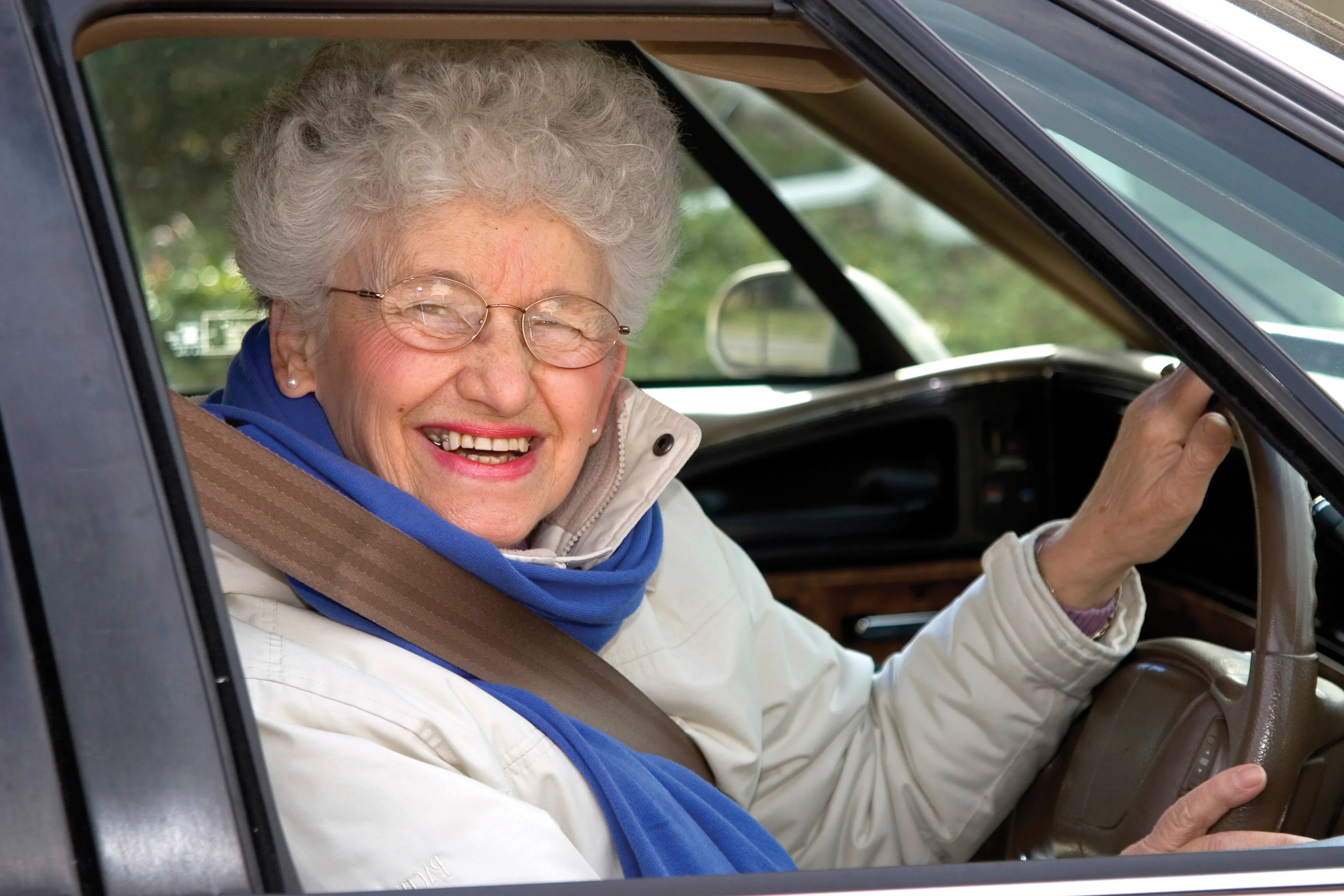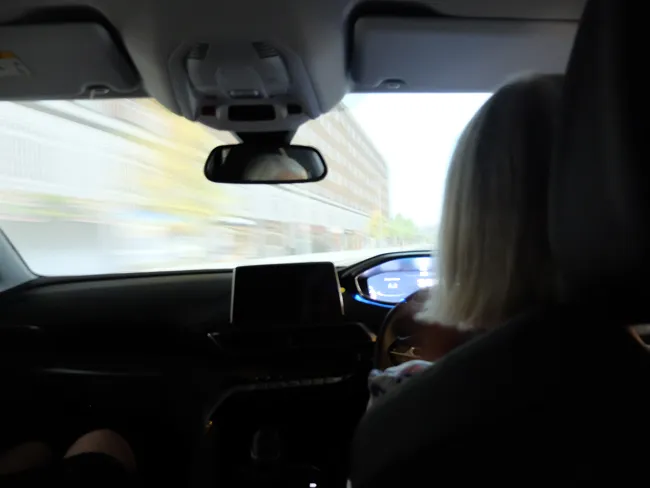Using smartphones for social networking while driving is more dangerous than drink driving or being high on cannabis behind the wheel according to research published by the IAM (Institute of Advanced Motorists) in the UK. Despite this, eight per cent of drivers admit to using smartphones for email and social networking while driving.
Twenty-four per cent of 17-24 year old drivers, a group already at higher risk of being in a crash, admit to using smartphones for email and social networking while driving.
April 20, 2012
Read time: 2 mins
RSSUsing smartphones for social networking while driving is more dangerous than drink driving or being high on cannabis behind the wheel according to research published by the IAM (5125 Institute of Advanced Motorists) in the UK. Despite this, eight per cent of drivers admit to using smartphones for email and social networking while driving.
Twenty-four per cent of 17-24 year old drivers, a group already at higher risk of being in a crash, admit to using smartphones for email and social networking while driving.
For their research, the IAM and777 TRL (Transport Research Laboratory) used DigiCar, TRL’s car driving simulator, to examine the effects of young drivers using smartphones to access 3009 Facebook. In every test of driving performance, young people who were using facebook while driving were badly affected.
When sending and receiving facebook messages reaction times slowed by around 38 per cent and participants often missed key events. They were also participants were unable to maintain a central lane position resulting in an increased number of unintentional lane departures, and were unable to respond as quickly to the car in front gradually changing speed.
When comparing these new results to previous studies the level of impairment on driving is greater than the effects of drinking, cannabis and texting.
TRL senior researcher Nick Reed said: "Our research clearly demonstrates that driver behaviour was significantly and dramatically impaired when a smartphone was being used for social networking. Drivers spent more time looking at their phone than the road ahead when trying to send messages, rendering the driver blind to emerging hazards and the developing traffic situation.
“Even when hazards were detected, the driver's ability to respond was slowed. The combination of observed impairments to driving will cause a substantial increase in the risk of a collision that may affect not only the driver but also their passengers and other road users. Smartphones are incredibly useful and convenient tools when used appropriately and responsibly. Their use for social networking when driving is neither," Reed said.
Twenty-four per cent of 17-24 year old drivers, a group already at higher risk of being in a crash, admit to using smartphones for email and social networking while driving.
For their research, the IAM and
When sending and receiving facebook messages reaction times slowed by around 38 per cent and participants often missed key events. They were also participants were unable to maintain a central lane position resulting in an increased number of unintentional lane departures, and were unable to respond as quickly to the car in front gradually changing speed.
When comparing these new results to previous studies the level of impairment on driving is greater than the effects of drinking, cannabis and texting.
TRL senior researcher Nick Reed said: "Our research clearly demonstrates that driver behaviour was significantly and dramatically impaired when a smartphone was being used for social networking. Drivers spent more time looking at their phone than the road ahead when trying to send messages, rendering the driver blind to emerging hazards and the developing traffic situation.
“Even when hazards were detected, the driver's ability to respond was slowed. The combination of observed impairments to driving will cause a substantial increase in the risk of a collision that may affect not only the driver but also their passengers and other road users. Smartphones are incredibly useful and convenient tools when used appropriately and responsibly. Their use for social networking when driving is neither," Reed said.







